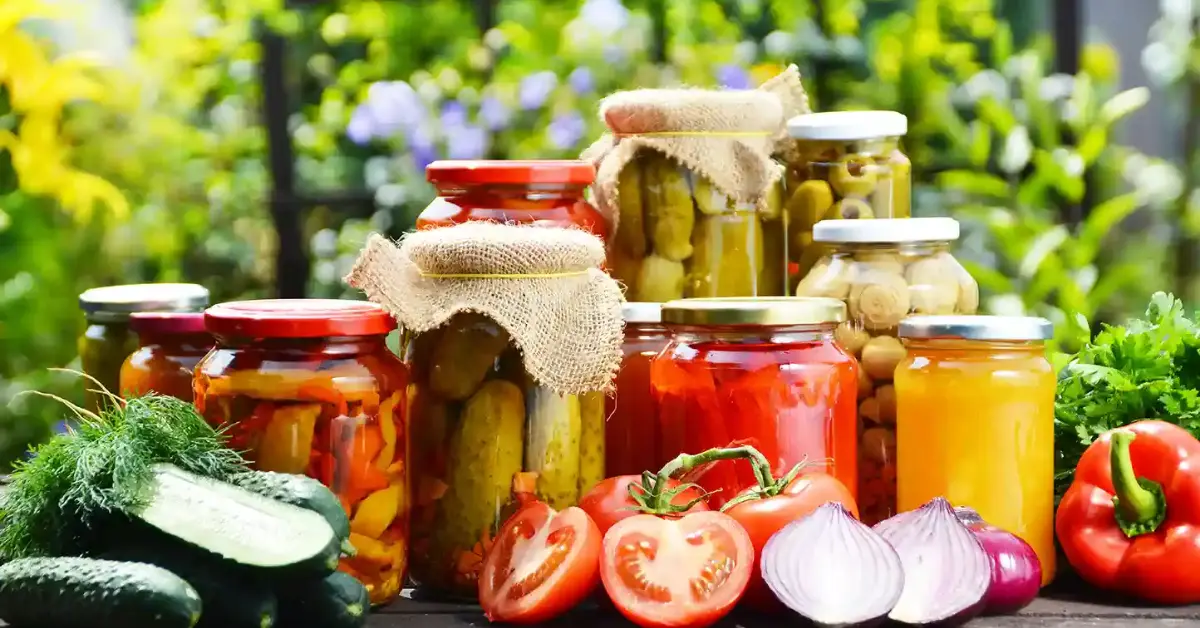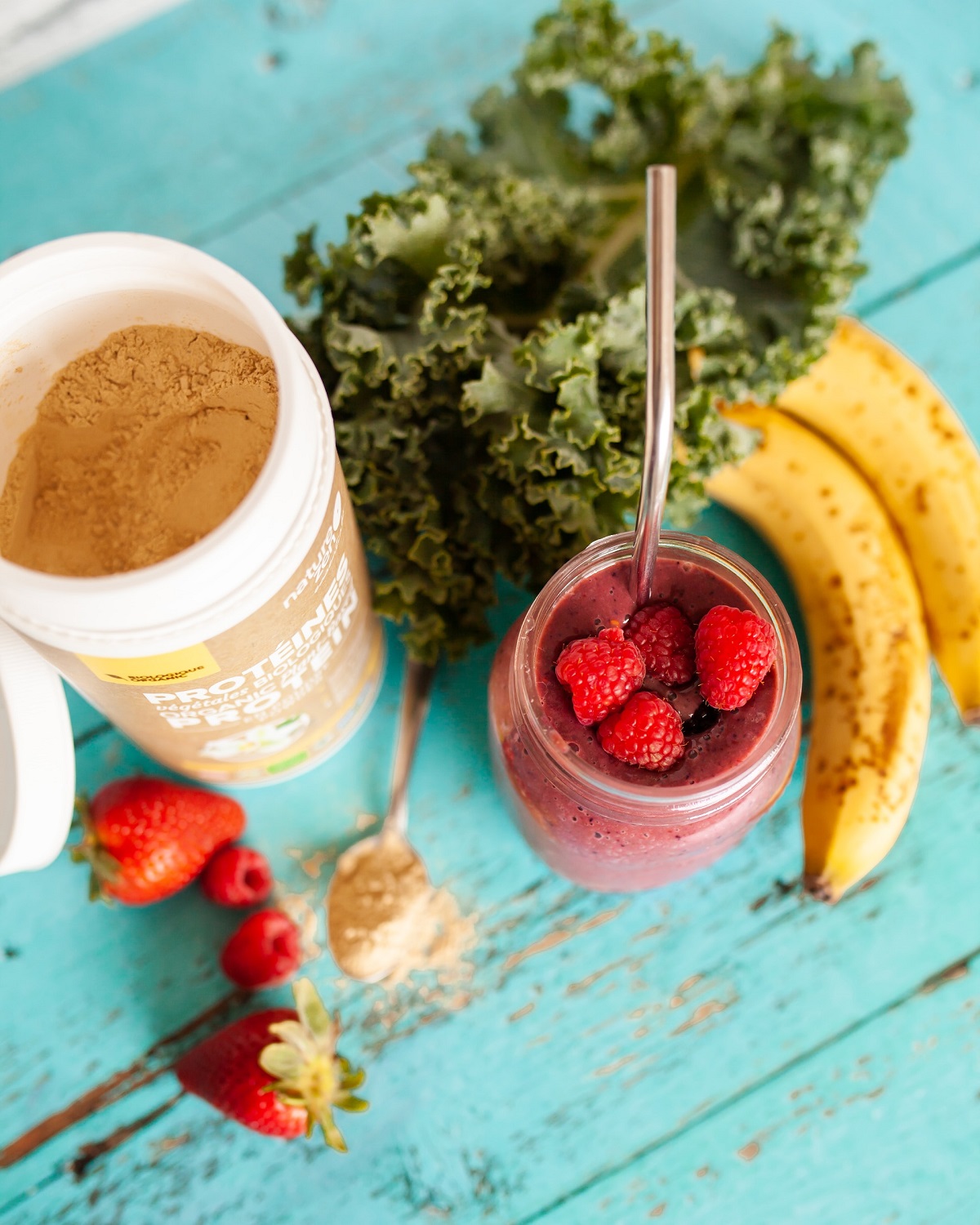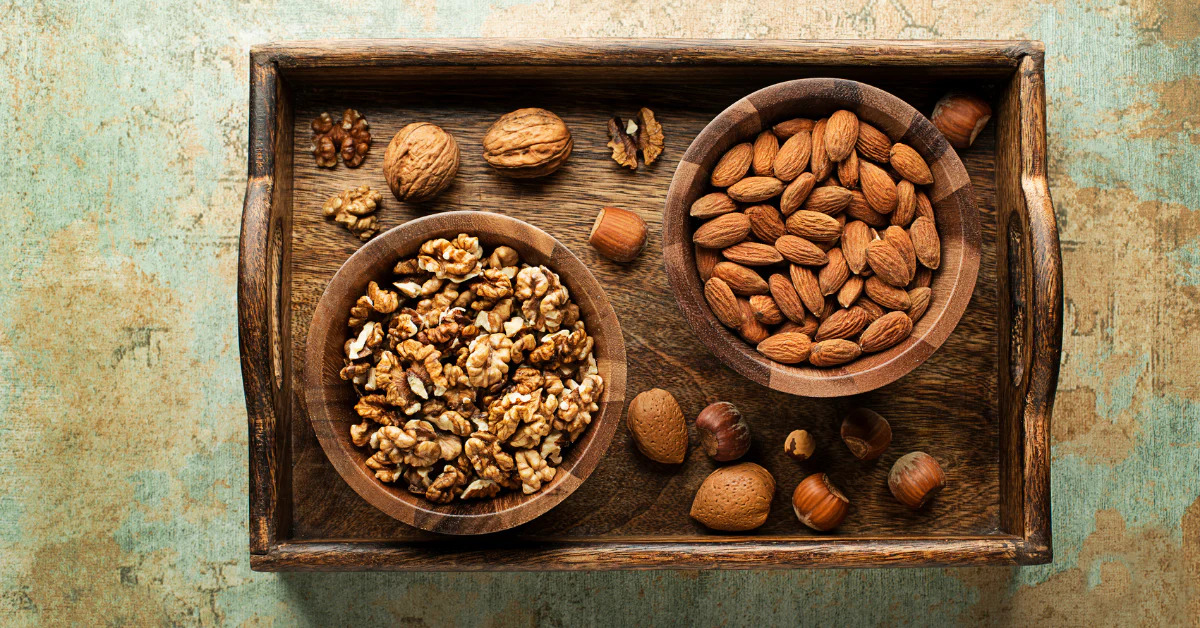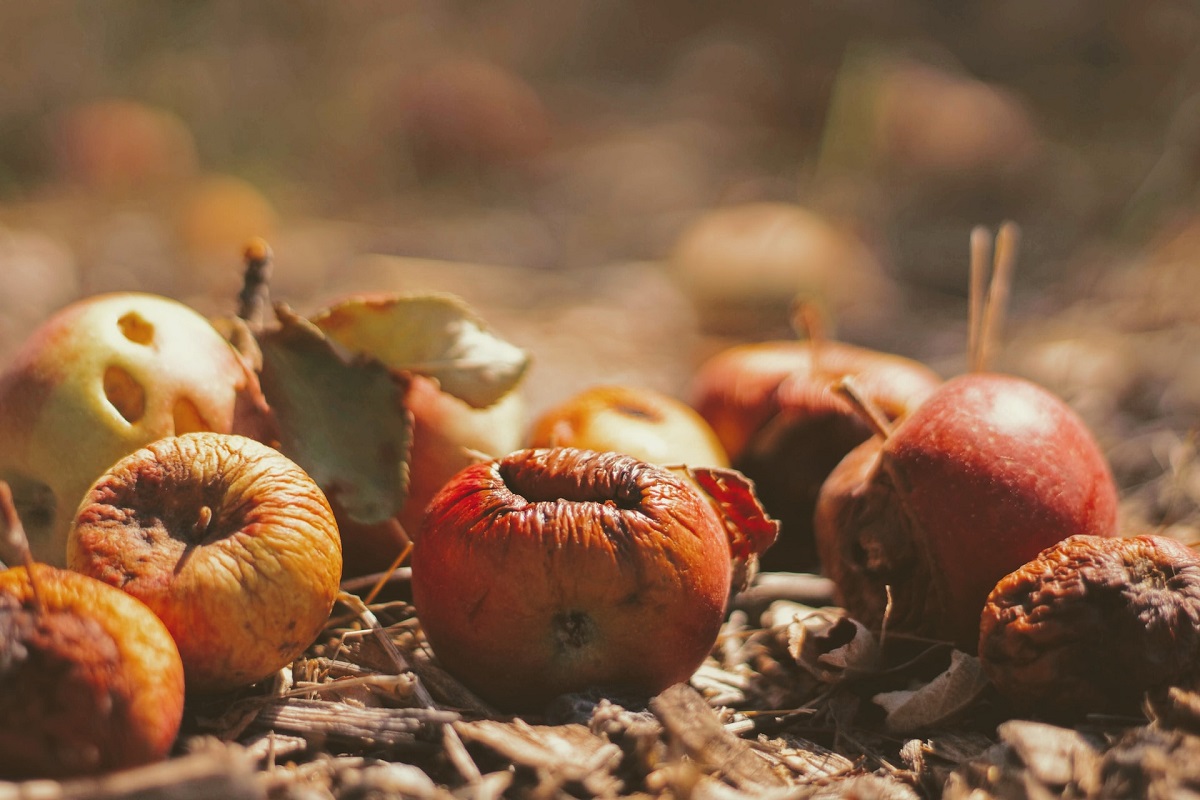How To Prepare For Food Shortage In 2022 | Tech Foodie
Droughts, disasters, and flooding disrupt hundreds and thousands of lives every year, and a recent pandemic has affected the supply chain of almost every industry globally. The same is the case with the global food supply chain. In addition, the situation became more challenging in an ongoing war in a region known as the “bread basket for Europe” the situation became more challenging. You may be thinking about how to prepare for the food shortage in 2022. It may seem challenging, but you can do it by following some simple steps.
This article will describe everything you need to know about preparing for food shortages.
Why Is It Necessary To Prepare For Food Shortage?
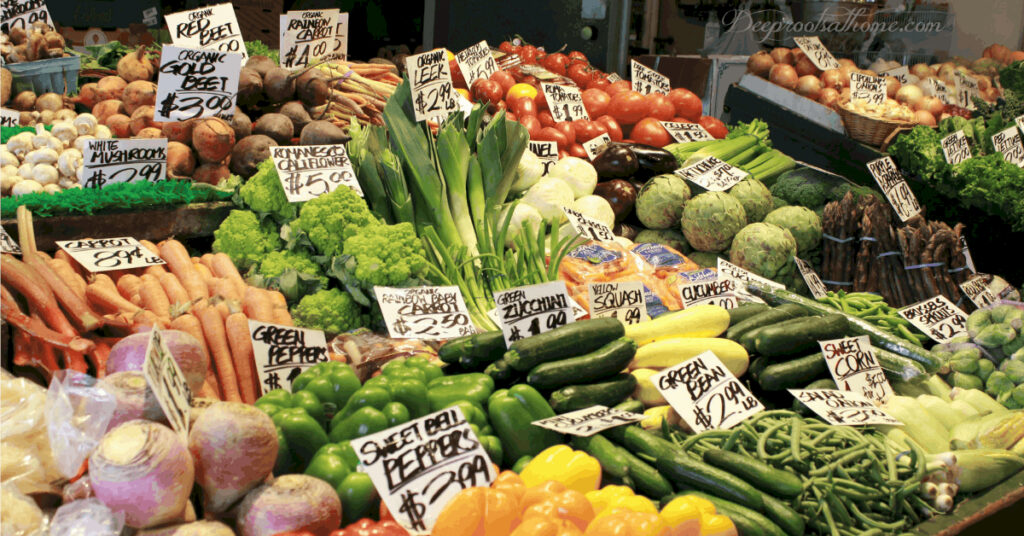
Every day brings new alerts related to the shortage of essential foods. These shortages are limited to a few products and tend to resolve quickly. But there is always a risk of food shortage on a global scale.
When the global food supply runs low, you want to avoid standing in long grocery store lines to face empty shelves. It is always better and safer to have all the necessary items at home just in case anything happens to the food supply chain. Many factors affect the food supply chain, including climate change, labor shortage, and scarce packaging material. All these things will result in the high cost of food products that most people need help to afford to buy. Therefore, it is important to take timely action and prepare for food shortages.
If you already have enough food items in your home, you can keep your household well-nourished while waiting for the shortage to end. So, it is worth preparing for food supply chain issues and sticking up essential food items, water, and other supplies.
How To Prepare Food Shortage
It is always better to prepare for an emergency. When you are learning to prepare for food shortage, always follow a multi-dimensional approach. You must have an emergency kit to take on the go, along with a well-kept home garden and a fully stocked pantry.
Here are some ways that can help you prepare for food shortage
1. Make An Emergency Kit
You can start your preparation by creating an emergency kit containing everything you will need, such as food, water, and medical supplies.
This emergency kit will have all those things that your household may need to survive until help arrives. You can also take such a kit with you if the government orders you to evacuate or your home is compromised.
2. Avoid Panic Buy
Every time you go to the grocery, buy two of what you need instead of one. For example, if you need a 5-liter container of cooking oil, buy two containers and use one first. Keep the second container for storage. Only use your storage when you run out of the container you bought. Instead, go to the market and buy two more. Keep on repeating this process of eating one and storing one.
In this way, you can slowly build storage without putting pressure on your pocket. With rising inflation, many of you already have a tight budget, but this method will help you manage costs.
Once you build up a storage of some necessary things, you can start storing some other things that you think are essential for daily use.
The following are the best types of non-perishable things that you can store for a long time:
- Rice
- Dried beans
- Noodles
- Canned veggies
- Canned beans
- Canned fruits
- Dry fruits
- Soup cans
- Crackers
- Nuts
- Jam
If you want to preserve food, the sky’s the limit to what you can store. Some possibilities are pickled vegetables, eggs in lime water, protein-rich soups, and herb cans.
3. Grow Garden
We know that it is not the ability for everyone to grow a garden, but if you are able to do so, it will be a great way to have food security. A well-kept garden helps you prepare for a food shortage by ensuring that you will have fresh food to support your family.
You have different options, such as either setting up your garden, growing plants in pots on balconies, or considering community gardens. No matter which option you choose, you must have a gardening plan that helps you to harvest fruits, vegetables, and herbs throughout the year. In addition, make sure to collect and save all your seeds so that you can create a truly self-sustainable garden space.
Gardening and growing your food is a method that ensures you are able to deal with any upcoming food shortage. You can then stop worrying about how any disruption to the food supply chain can prevent your family from eating healthy foods.
4. Raise Chicken Or Other Animals
Besides having a vegetable garden, raising your animals is also a great way to prepare for food shortages. You do not need a large space to raise animals like chickens, ducks, rabbits, or quail. These animals are incredibly productive and help you avoid food shortage risks.
Chicken and ducks will also be a source of eggs and meat. You can add butchering scales to your list of skills to learn to be more prepared.
5. Buy Locally
If you can not grow your own garden or can not grow everything in your garden, then try to buy locally. Let’s see how important it is.
A large amount of our food supply has gone overseas, and large farmers and corporations run the remaining with massive operations.
Besides, in the current world situation, we think that if there is a large-scale trucking strike, so many people are going to be hungry because our food supply chain is highly interconnected.
In addition to this example, if there is a plant disease in certain types of plants, it will have a massive impact. It has happened many times in history, and the Irish potato famine is an example.
The more local and small farmers, the more food can be produced locally, and you do not need to wait for food supply from other areas and get food for your family even if there is a trucking strike. Thus it is a useful solution to overcome food scarcity.
6. Be Prepared For More Than Just Food
A reserve of oil, water, medicines, shoes, nutritional supplements, toilet paper, or clothes is also needed to be prepared.
You may be wondering why you will need those things for food shortage. A scarcity mentality creates stress, and people start to panic buy. If a shortage of food is happening, there is likely to be a shortage of other things too.
Remember that in the pandemic, the first thing that disappeared from the market was toilet paper because people thought that these were in high demand. There is already a shortage of these non-food items because of supply chain issues.
7. Learn Food Preservation Skills
In some areas of the country, it is difficult to grow crops during winter, and if you buy food locally, you must have some food preserved to use in winter.
Just like in gardening, there may be a learning curve, and you will have confidence in preservation skills over time.
You may find different methods for food preservation depending on the type of food. Some preservation techniques need specific equipment, while others are easy to do with regular kitchen tools. Some easy methods of food preservation include pickling, dehydration, canning, freezing, and making jams. For long-term storage, we suggest you use freeze-drying and dehydration techniques.
8. Stop Wasting Food
According to research, in the United States, about 30 to 40 percent of food in the food supply chain goes to waste. If everyone in the world takes measures to reduce food waste and can consume what goes into waste, there will be no food shortage at all.
While there’s not much you can do at large agricultural and food company waste; you can make a difference on an individual level. You can reduce food wastage in your home kitchen and help in reducing food shortage.
Here are a few ideas that will help you reduce food wastage:
- If you have a home garden, pick only what you can eat.
- When purchasing perishable items, only buy what is necessary because extra things usually go to waste.
- If you end up having too many extra fruits and vegetables, reserve them before they go bad.
- Rotate your foods so that you will eat all and nothing goes to waste.
- Store food properly. Different foods need different storage conditions and stay longer in optimum storage conditions.
- Use leftover foods as much as you can. Try to consume whole vegetables and foods whenever you can. For example, you can use carrot tops to make pesto and add celery tops to soup to make it more delicious.
9. Rearrange Your Priorities
When we talk about food shortage and buying extra things, many people say that it is only affordable for some. While We believe it is true for some, it is possible for the majority.
It all depends on what your priorities are. You can ditch streaming subscriptions, sell your new car and buy an old one, minimize going out to eat, and stop going for extravagant vacations and thrift shops. There are many other things that can be done to cut expenses in other areas of life, and from that money, you can buy extra things.
Conclusion
With the changing climate, global conflict, and many other food supply chain issues, it is always better to be prepared for food shortages. Now that you know many ways to overcome food shortage, it is time to get started. No one can predict exactly when a food shortage will arise, so it is essential to get prepared already.
Keep your supplies well maintained and do regular inspections and rotations to keep food stored for the future. Your efforts will ensure that you and your family members have all the necessary food items to remain self-sustainable in case of any crisis.
